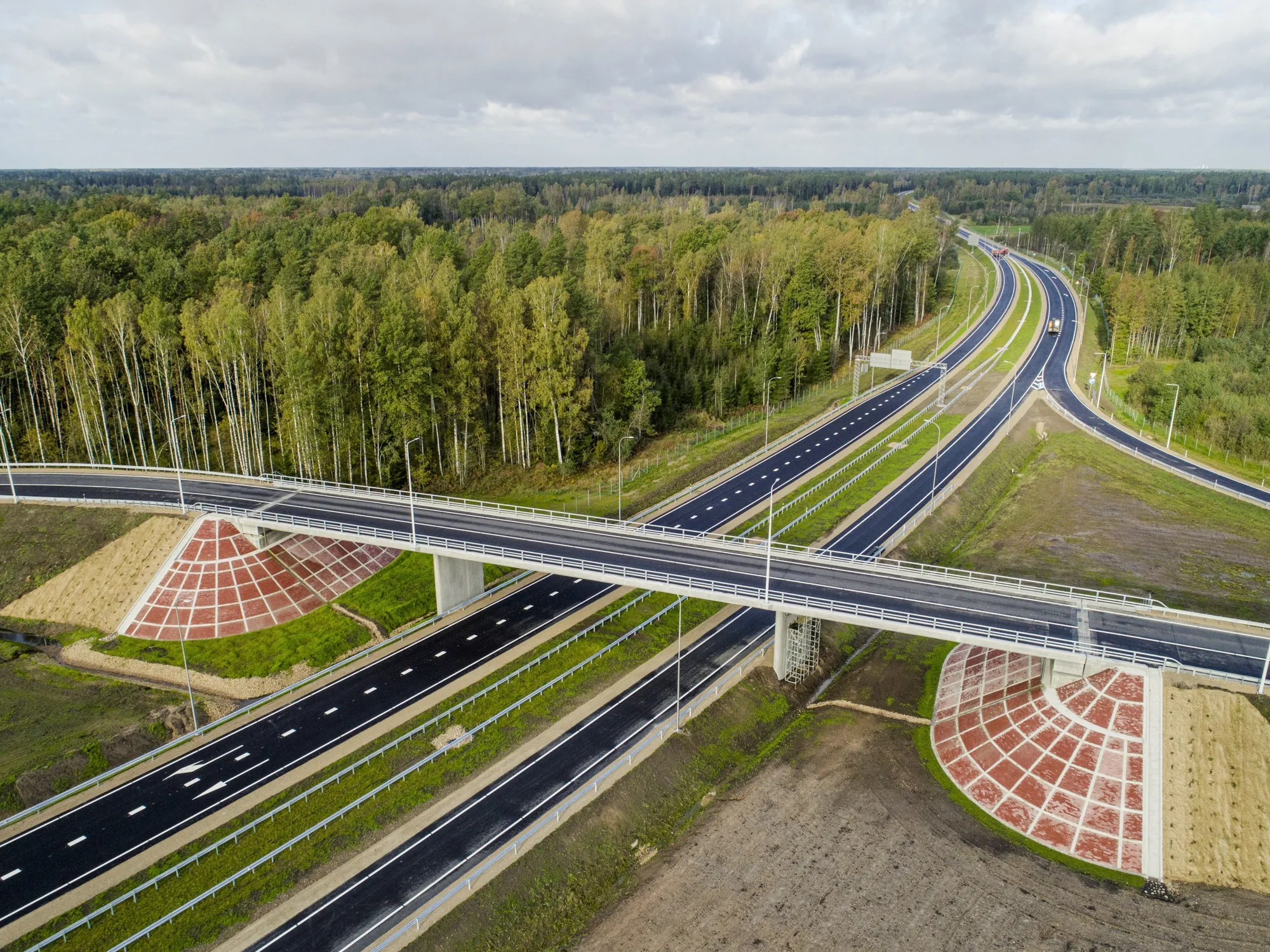The announcement follows the completion of a pre-construction phase carried out by Fluor and its LAX Integrated Express Solutions (LINXS) team on behalf of Los Angeles World Airports.
The line is expected to offer a rider capacity of up to 10,000 passengers per hour once it is operational in 2023.
Terence Easton, president of Fluor’s infrastructure business, says: “This project is a signature piece of mega infrastructure that will be ready to welcome the 2028 Summer Olympics, will improve mobility for travellers from around the world.”
The project includes the construction of six stations along a 2.25 mile guideway where driverless vehicles will transport passengers every two minutes during peak periods.
Aside from Fluor, other members in the LINX team include design and construction partners ACS Infrastructure Development, Dragados USA, Flatiron, Hochtief PPP Solutions as well as Balfour Beatty and Bombardier Transportation.
Fluor and partners to build and operate LAX Automated People Mover
Fluor and its partners are to construct and operate the Los Angeles International Airport’s (LAX) Automated People Mover, a project valued $4.9 billion, over the next 30 years.
The announcement follows the completion of a pre-construction phase carried out by Fluor and its LAX Integrated Express Solutions (LINXS) team on behalf of Los Angeles World Airports.
The line is expected to offer a rider capacity of up to 10,000 passengers per hour once it is operational in 2023.
Terence Easton, president
March 25, 2019
Read time: 2 mins









